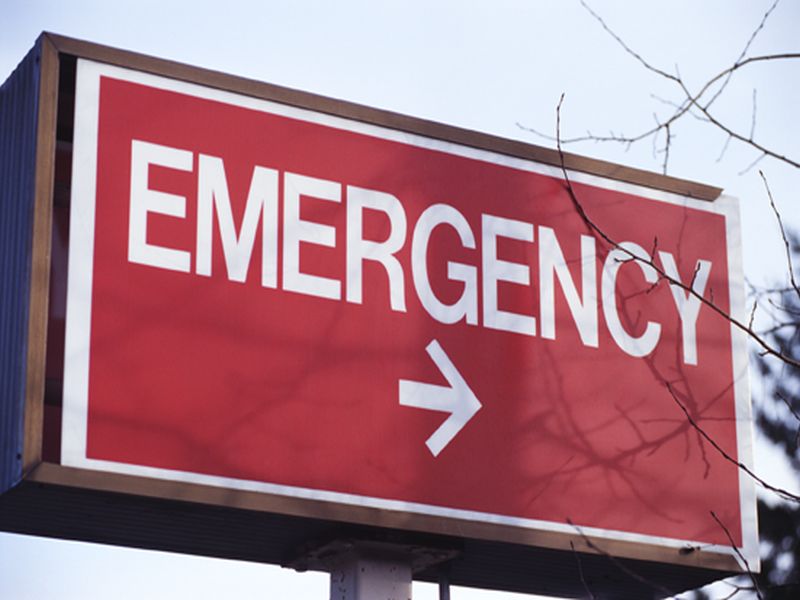FRIDAY, June 2, 2017 (HealthDay News) — Americans are routinely overcharged for emergency room care, and minority and uninsured patients are most likely to face this “price gouging,” a new report suggests.
For the study, researchers analyzed 2013 billing records for more than 12,000 emergency medicine doctors nationwide.
On average, adult emergency department patients were charged 340 percent more than what Medicare pays for care ranging from stitches to a CT scan, the investigators said.
“Our study found that inequality is then further compounded on poor minority groups, who are more likely to receive services from hospitals that charge the most,” said study senior investigator Dr. Martin Makary. He is a professor of surgery at Johns Hopkins University in Baltimore.
Overall, charges ranged from 1 to 12.6 times ($100 to $12,600) more than what Medicare paid for services, the study findings showed.
Emergency departments with the highest fees were most often in for-profit hospitals in the southeastern and midwestern United States. These facilities were also more likely to serve higher numbers of uninsured, black and Hispanic patients, the researchers said.
“There are massive disparities in service costs across emergency rooms, and that price gouging is the worst for the most vulnerable populations,” Makary said in a university news release.
“This study adds to the growing pile of evidence that to address the huge disparities in health care, health-care pricing needs to be fairer and more transparent,” he said.
The findings also show the need for legislation to protect uninsured patients, the study authors said.
According to first author Tim Xu, “This is a health-care systems problem that requires state and federal legislation to protect patients.” Xu is a fourth-year medical student at Johns Hopkins.
“New York has passed a law that requires hospital and insurance companies to agree on a cost for the care so patients are not billed egregious amounts. Patients really have no way of protecting themselves from these pricing practices,” Xu added.
Makary said at least seven states have passed some form of legislation to protect uninsured patients, but he believes national regulation is needed.
The study was published May 30 in the journal JAMA Internal Medicine.
More information
The U.S. National Library of Medicine outlines when adults should go to the emergency department.
Copyright © 2026 HealthDay. All rights reserved.

